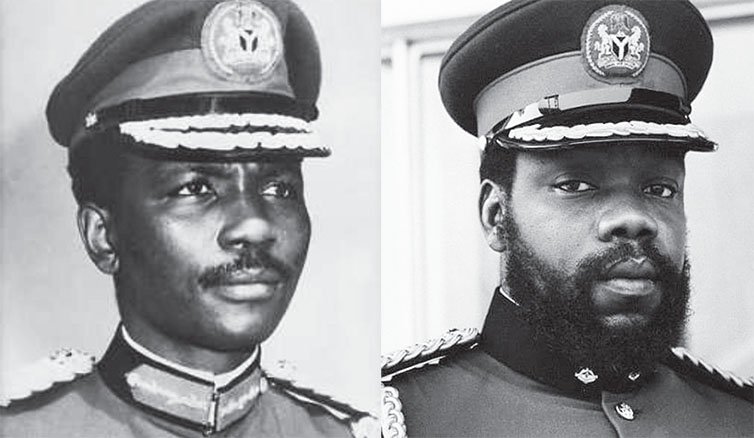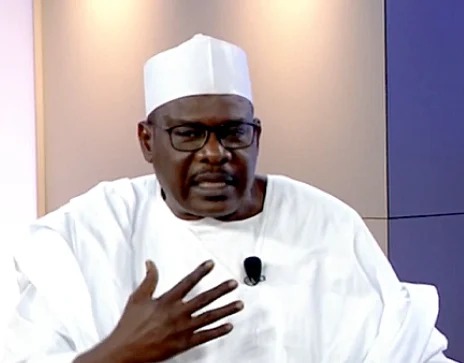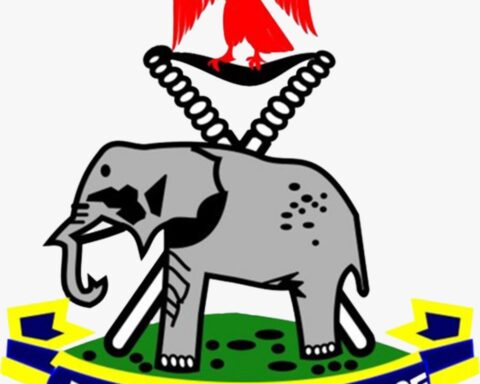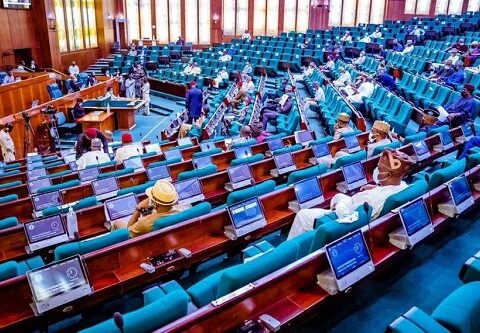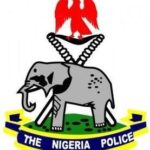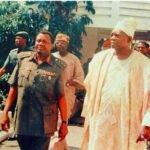If Emeka Odumegwu Ojukwu, had not gone ahead of me to spill the content of our meeting in Aburi, there might not have been the civil war, Yakubu Gowon, former Nigerian Head of State, said for the umpteenth time on Wednesday.
Gowon, a General, who ruled Nigeria from 1966 to 1975, had in an exclusive interview aired on The Morning Show, a breakfast programme on Arise News television, stopped short of denying that there was actually an accord at his parley with Ojukwu, who prosecuted the war on the side of Biafra that wanted to separate from Nigeria.
The former head of state, who was months short of his 32nd birthday when he took over the country in July 1966 after the coup that led to the assassination of Aguiyi Ironsi, the first military Head of State of Nigeria, said he was down with a bout of fever from malaria, which prevented him from addressing the country on the outcome of the meeting in Aburi, a town in Ghana.
Ojukwu, he said not only preempted him in making the announcement, but actually went ahead to make pronouncements that were contradictory to the agreement, adding that it was this that led to the sharp disagreement between him and the late Biafran leader who died in 2010.
One of the misrepresentations, Gowon, told his host was that Ojukwu, said that the two parties agreed that there would be regional autonomy, with governors that would be in control of the command of their own armies, saying that nothing of the sort was agreed.
But Ojukwu had since countered this angle of the former Head of State’s story, stating that it was because Gowon and those with him at the meeting started denying the content of the Aburi Accord that made him go to town and spill adding that the full package including all the minutes that led to the agreement were already in public domain.
Regardless, Gowon insisted on Wednesday: “Although we said that the military would be zoned, you know, but the control… he wanted, you know, those zones to be commanded by the governor. Say you have a military zone in the north, it would be commanded by the governor of the military in the east, it would be commanded by, you know, by him. And, of course, we did not agree with that one.”
Stressing that the federal delegation never viewed the Aburi meeting as a forum for constitutional restructuring or military devolution, he added: “We just went there as far as we are concerned to be able to meet as officers now, and then to agree to be able to get back home and resolve a problem at home. That was my understanding. But that is not his understanding.
“Unfortunately… I was having serious attack of kind of fever or whatever it is, and I could not make a decision. Ojukwu was one who, when he came, he went and made… a statement about the Aburi Accord.
“We had to organise that, you know, a meeting of all the governors. And he was invited to attend so that we can deal with the Accord. And we met at Nifo in Benin. And he did not turn up.”
Gowon insisted that had Ojukwu attended a meeting in Benin called by him for the parties to straighten out matters, there might have been an amicable resolution and the disagreement might not have escalated to the extent of going into war.
Stressing that the government was willing to work in the “spirit of Aburi,” but would never concede national military control to regional governors, nor accept the possibility of secession, he said: “The only thing that I added was that no region, you know, will, you know, can secede from the country.”
The former Head of State, who expressed deep love for Nigeria, stated that his major wish was to be remembered as a leader who loved Nigeria and the people of the country, adding: “I want to be remembered as someone who loves his country, Nigeria, who loves Nigerians, who prays, at least if I cannot fight, I pray for Nigeria to continue to be a country that all of us love. I know it is impossible for any country to be absolutely perfect.”
Follow us on all social media platforms @dailyquery for news and analyses around the globe.
